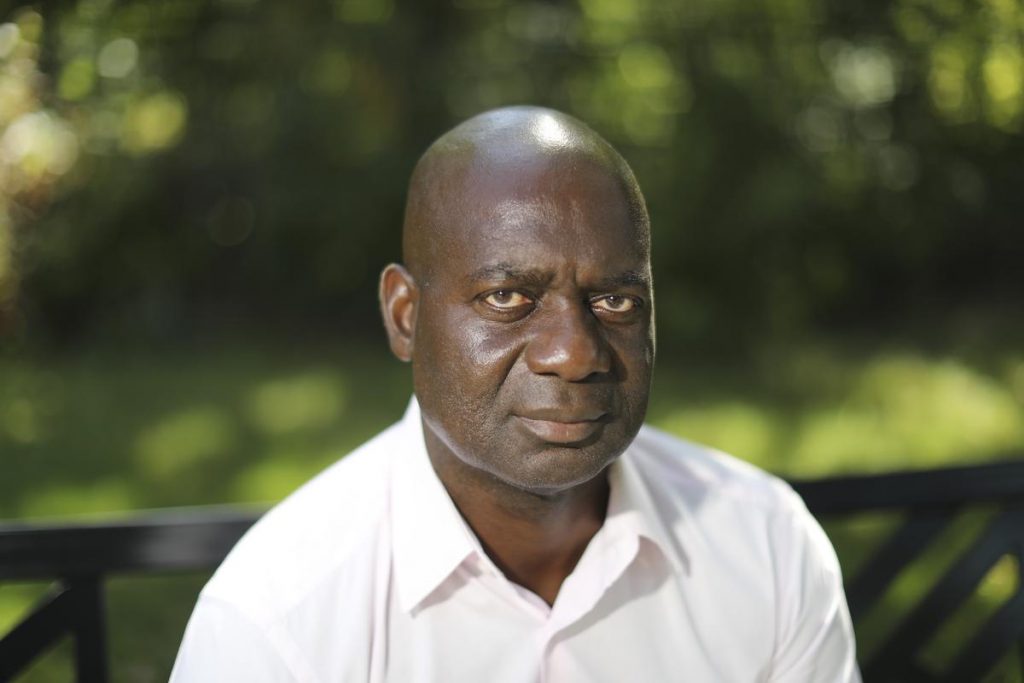Bhubaneswar will host the country’s first-of-its-kind sports literary festival titled the ‘Ekamra Sports Literary Festival’ November 2-3 ushering in a new era in the sports history of the state as well as the country.
The mega event will offer the sports lovers of the Temple City an opportunity to learn and experience interesting and unheard stories from the finest sportspersons and sports journalists in the world. A host of celebrities from across the globe will share their personal experiences and interact with the audience on the occasion.
Controversial former Canadian sprinter Ben Johnson is likely to be the main draw of the two-day event. Johnson, the 1988 Seoul Olympics gold-medallist in 100m event who lost his medal after failing a dope test, recently hit the headlines after it emerged that his lab report was tampered with.
In September 1988, Johnson became the first sprinter from Canada since Percy Williams in 1928 to win the 100m final, which is termed as the ‘Dirtiest race in history’, at the Seoul Games, lowering his own world record to 9.79 seconds. Johnson later claimed that he would have been even faster had he not raised his hands in the air just before finishing the race.
Nevertheless, the Olympic Doping Control Center found Johnson’s urine sample contained stanozolol, and he was disqualified three days later. He later admitted having used steroids when he ran his 1987 world record, which led the IAAF to rescind that record as well.
Johnson and his coach Charlie Francis said that they used doping in order to remain on an equal footing with the other top athletes on drugs they had to compete against. In his testimony before the Dubin inquiry into drug use, Francis charged that Johnson was only one of many cheaters.
Later, six of the eight finalists of the 100m race tested positive for banned drugs or were implicated in drug scandals at some point in their careers, namely Carl Lewis, who was given the gold, Linford Christie, who bagged the silver, Dennis Mitchell and Desai Williams.
Francis, a vocal critic of the IOC testing procedures, has freely admitted in his book – ‘Speed Trap’ – that his athletes were taking anabolic steroids, as he claimed all top athletes at the time were, as well as claiming that Johnson could not possibly have tested positive for that particular steroid since the Canadian actually preferred Furazabol.
The Canadian ran an article September 28 this year on the lab report which was based on his sample during the 1988 Olympics. It was produced by the IOC doping control centre in Seoul two days after Johnson handed in a urine sample taken after the 100m. The newspaper concluded that the assumed substance Stanozolol was traceable, but inconsistencies are found in the report.
Johnson goes on that no Canadian Olympic team official saw the lab report in Seoul. The lab report was requested by Canada’s chief medical officer Dr William Stanish. The Canadian team didn’t object after the IOC medical commission assured that its testing methods were unassailable.
So it will be interesting to witness Ben joining sports journalist and author Richard Moore, who is also a former racing cyclist, for a debate on the ‘Dirtiest race in history’ at the literary festival. Incidentally, this year is also the 30th anniversary of the 1988 Seoul Games 100m sprint.
